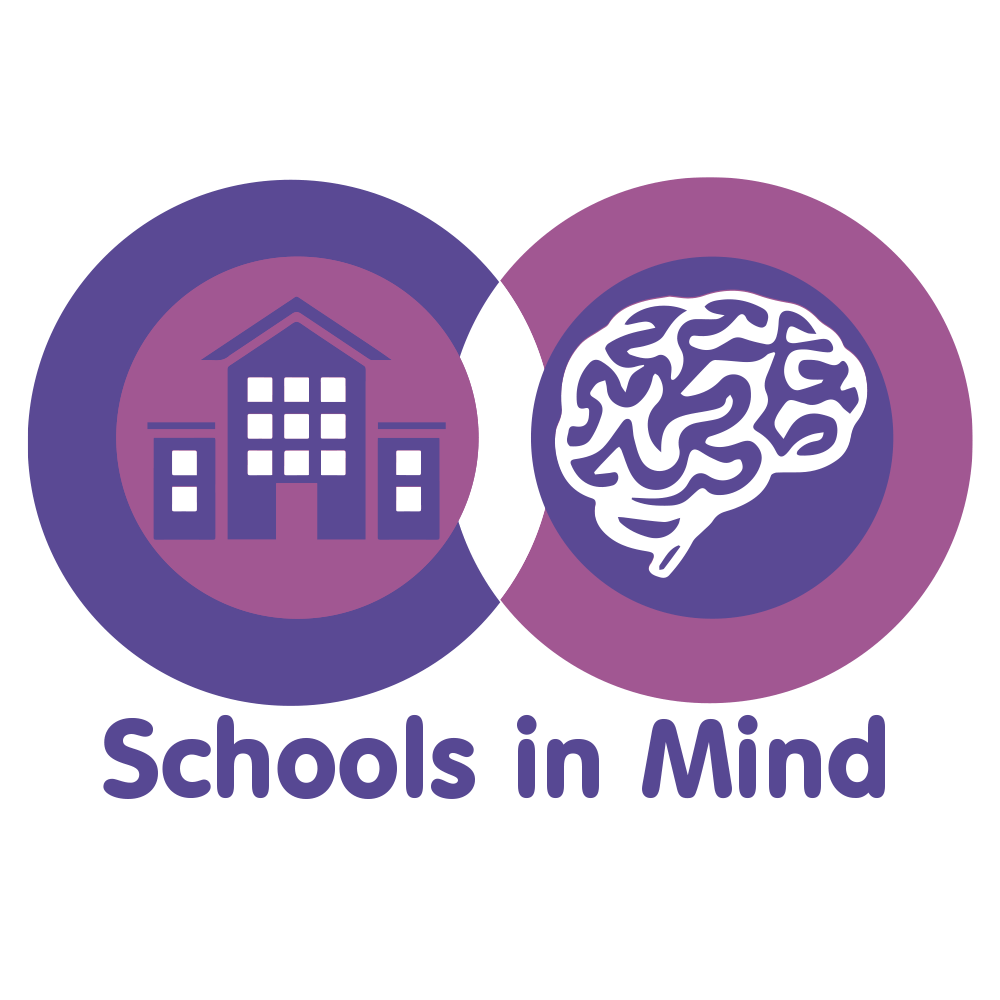In a world filled with ever-increasing demands and distractions, the well-being of our children is a priority that cannot be overstated. As we strive to provide the best possible education, it’s crucial that we also focus on nurturing their mental health. One potent tool that has gained significant recognition in this endeavour is mindfulness. Let’s explore how schools can support children’s mental health through the practice of mindfulness.

Understanding Mindfulness
Mindfulness, at its core, is a mental practice that involves staying fully present and aware of the current moment. It encourages individuals to observe their thoughts, emotions, and physical sensations without judgment. By doing so, it helps to reduce stress, anxiety, and improve overall well-being. In the context of education, mindfulness provides children with the tools to better understand and manage their emotions, develop empathy, and enhance focus and concentration.
Creating Mindful Environments
Schools can play a pivotal role in creating a nurturing environment that promotes mindfulness. Here are some key strategies:
- Mindfulness Programmes: Introducing mindfulness programmes as a part of the curriculum can be highly effective. These programmes can include activities like deep breathing exercises, meditation, and yoga. They offer children practical tools to manage stress and emotions.
- Mindful Spaces: Designating quiet, peaceful spaces within the school where students can go to reflect and practice mindfulness can be invaluable. These spaces provide a refuge for children to take a break from their busy day.
- Mindful Teachers: Educators who practice mindfulness themselves can better guide students. They can incorporate mindful practices into their teaching methods and serve as role models for their students.
- Incorporate Mindfulness into Daily Routine: Taking a few minutes at the beginning or end of the school day for a mindfulness exercise can be beneficial. This helps students start and end their day in a calm and focused state of mind.
Benefits of Mindfulness in Schools
- Stress Reduction: Mindfulness equips students with tools to manage stress, which can be especially helpful during exams or when dealing with peer pressure.
- Emotional Regulation: It allows children to identify and understand their emotions, enabling them to respond to challenging situations with greater emotional intelligence.
- Improved Concentration: Mindfulness practices can enhance focus and concentration, ultimately leading to better academic performance.
- Increased Empathy: Mindfulness fosters empathy and compassion by encouraging students to better understand themselves and others.
- Enhanced Mental Health: Overall, mindfulness can contribute to improved mental health, helping to prevent issues like anxiety and depression.
Challenges and Implementation
Implementing mindfulness in schools does come with some challenges, such as the need for trained educators, parental support, and a dedicated commitment to maintaining these programs. However, the long-term benefits far outweigh these initial hurdles.
In conclusion, mindfulness is a powerful tool that schools can use to support the mental health of their students. By providing them with the skills to navigate the complexities of their emotions and the demands of their academic lives, we set them on a path to a brighter, healthier future. In nurturing their young minds through mindfulness, we are investing in their overall well-being, both now and for years to come.
Want to find out how we can support your school with mental health through mindfulness? Click Here to book a meeting and tour of the platform.













